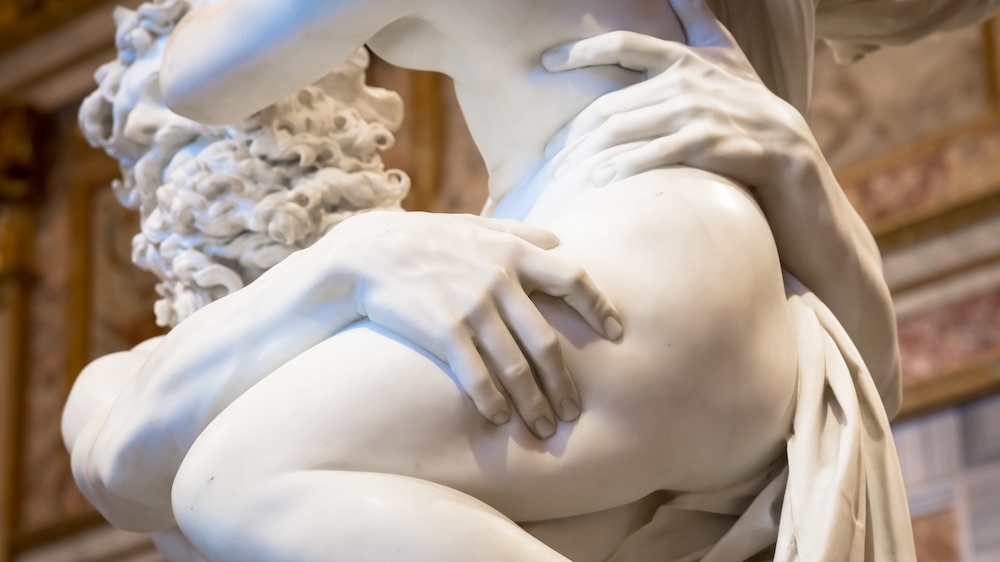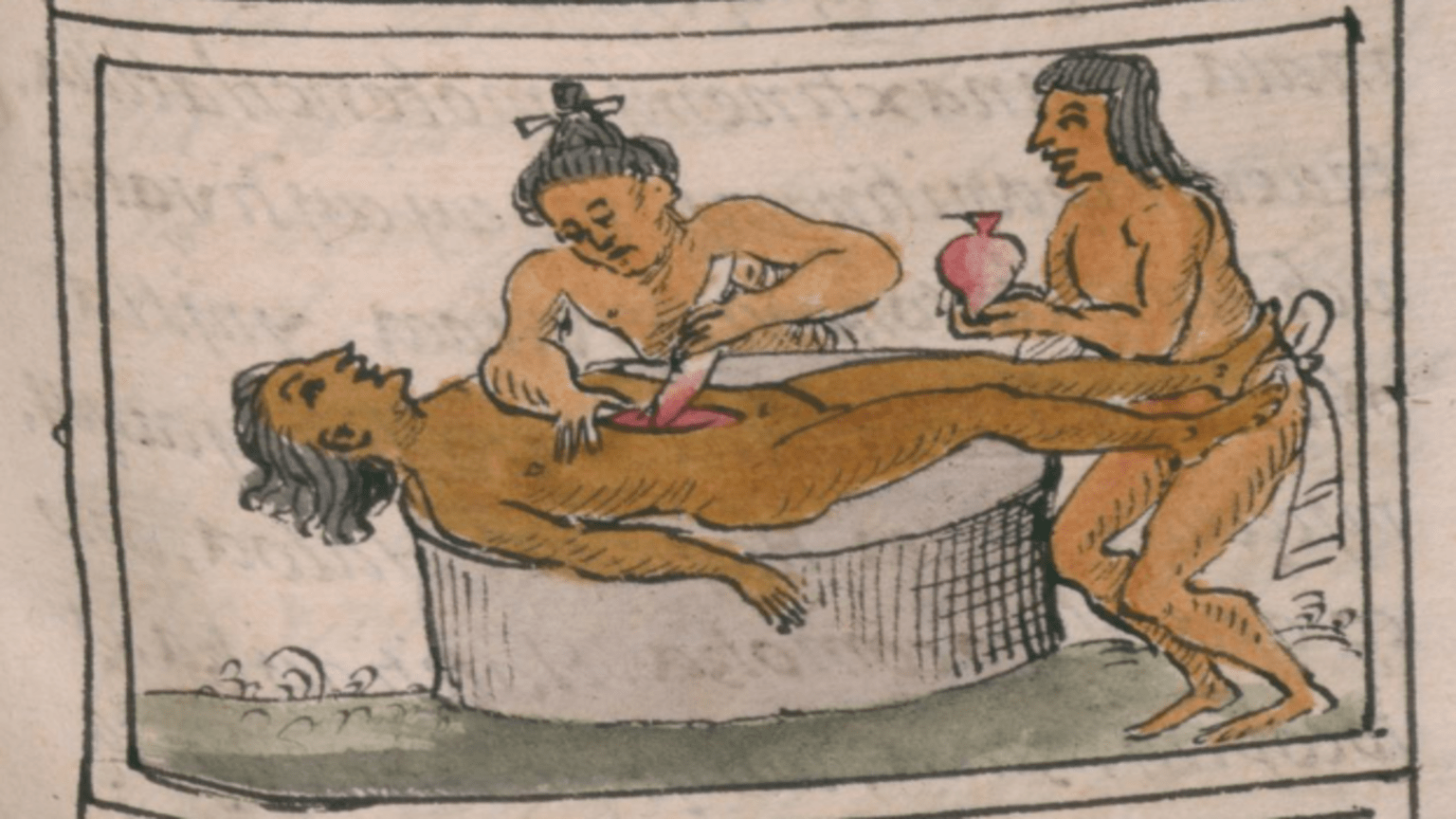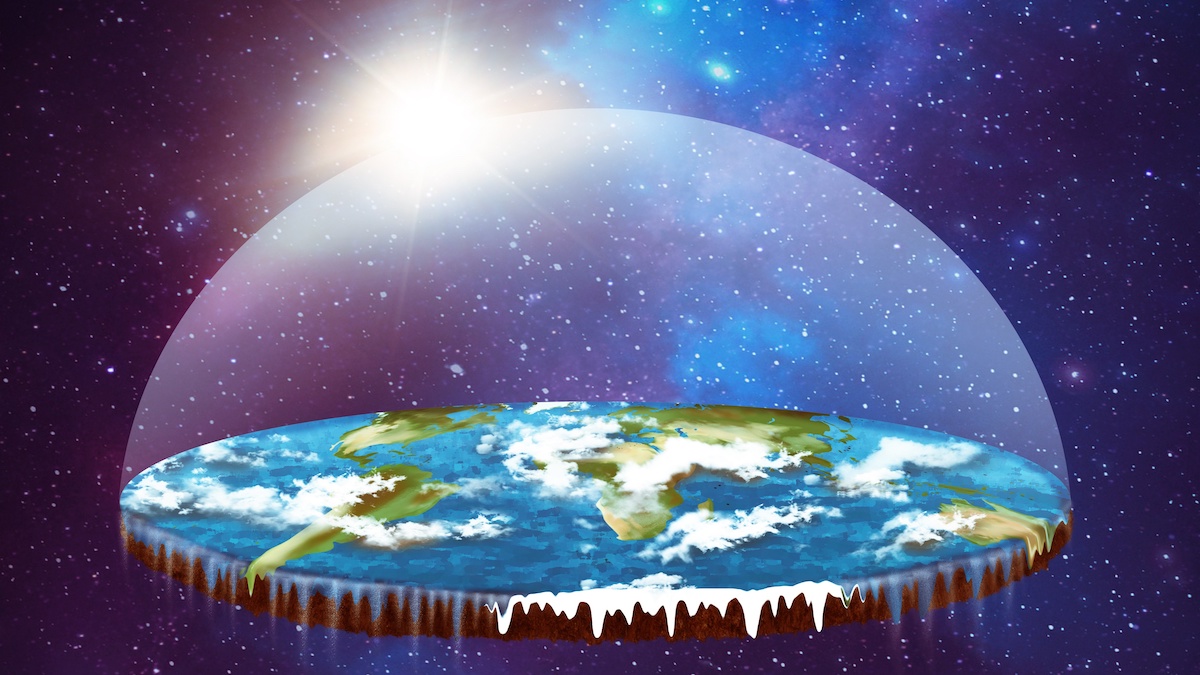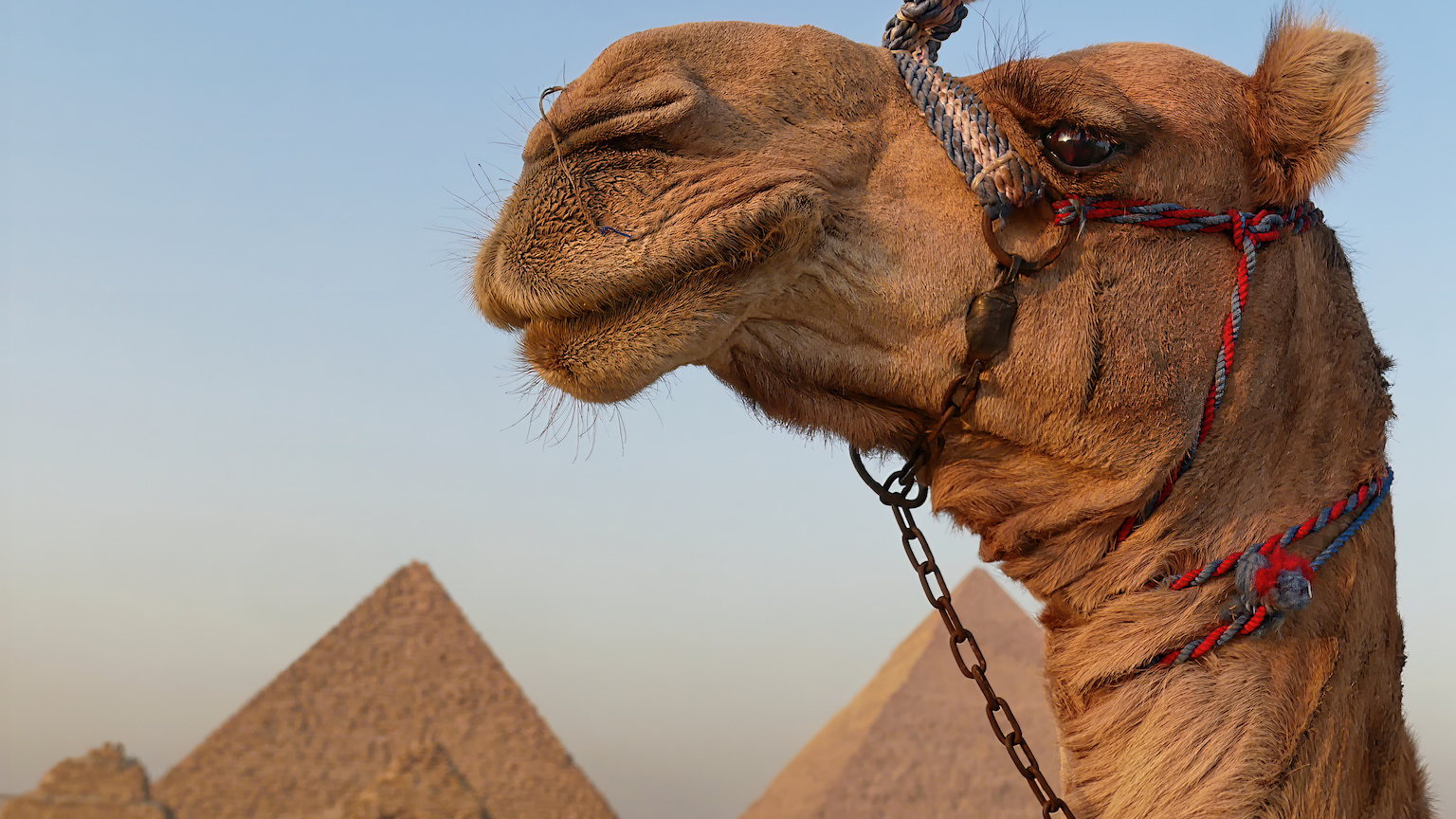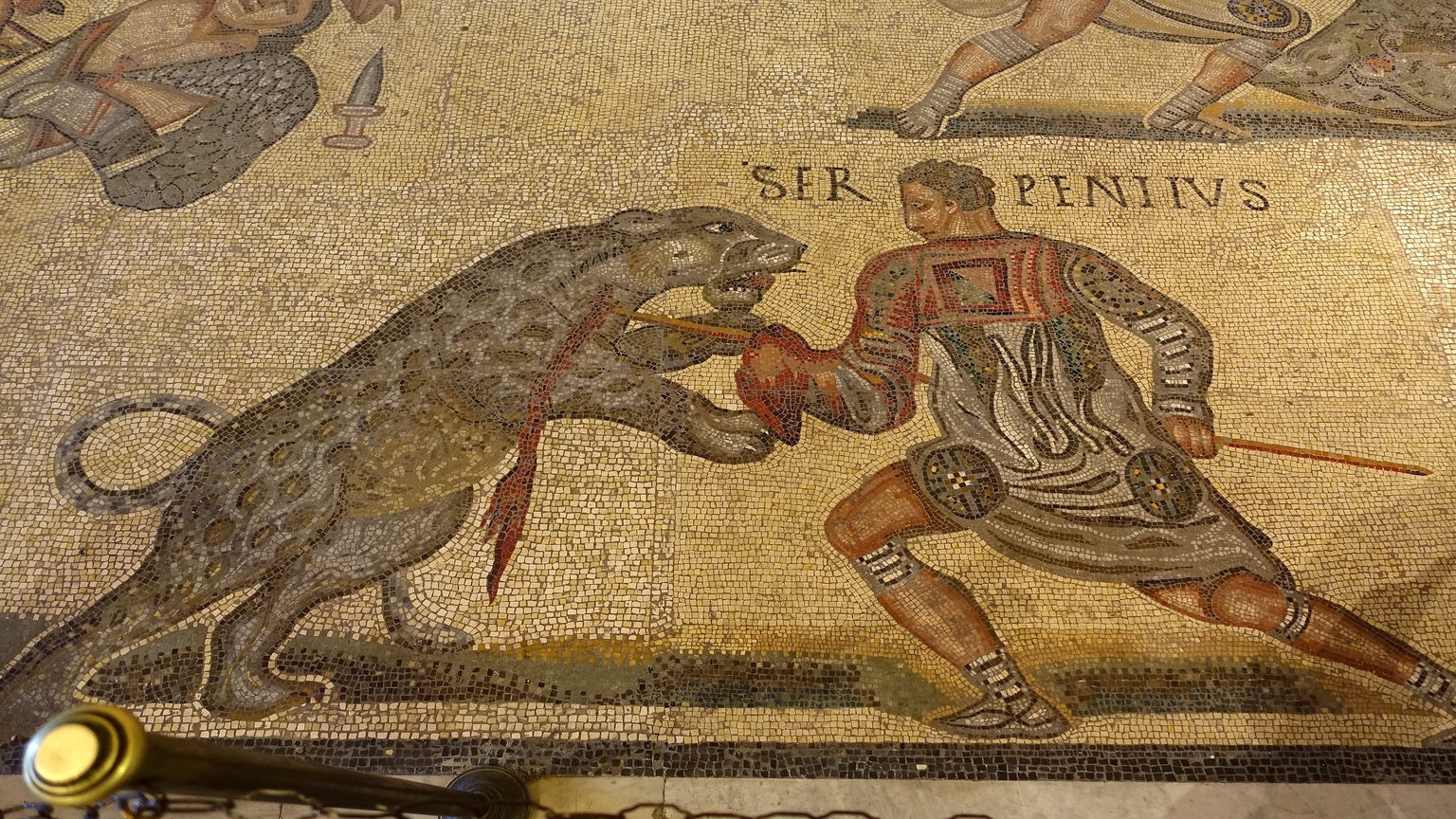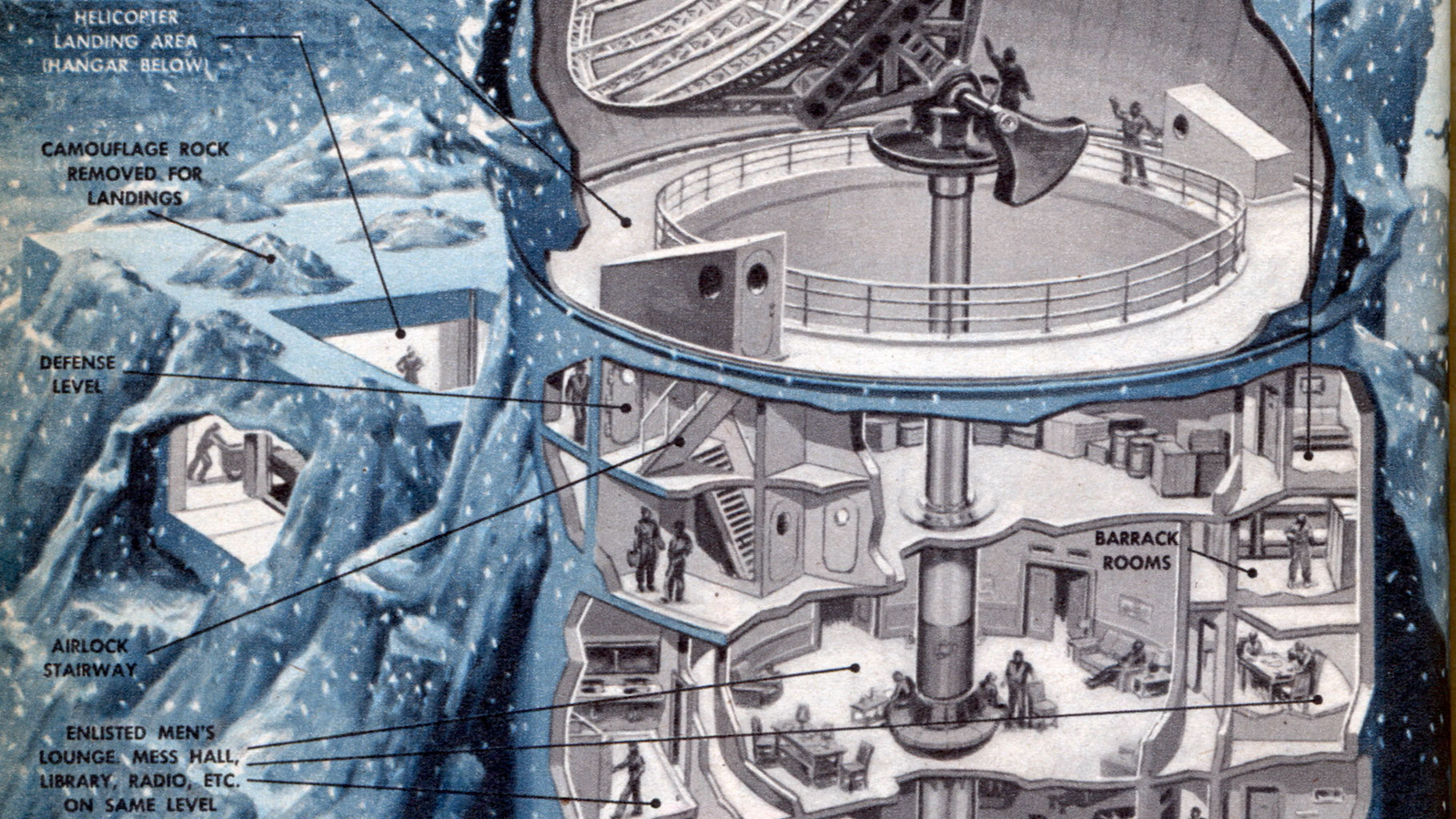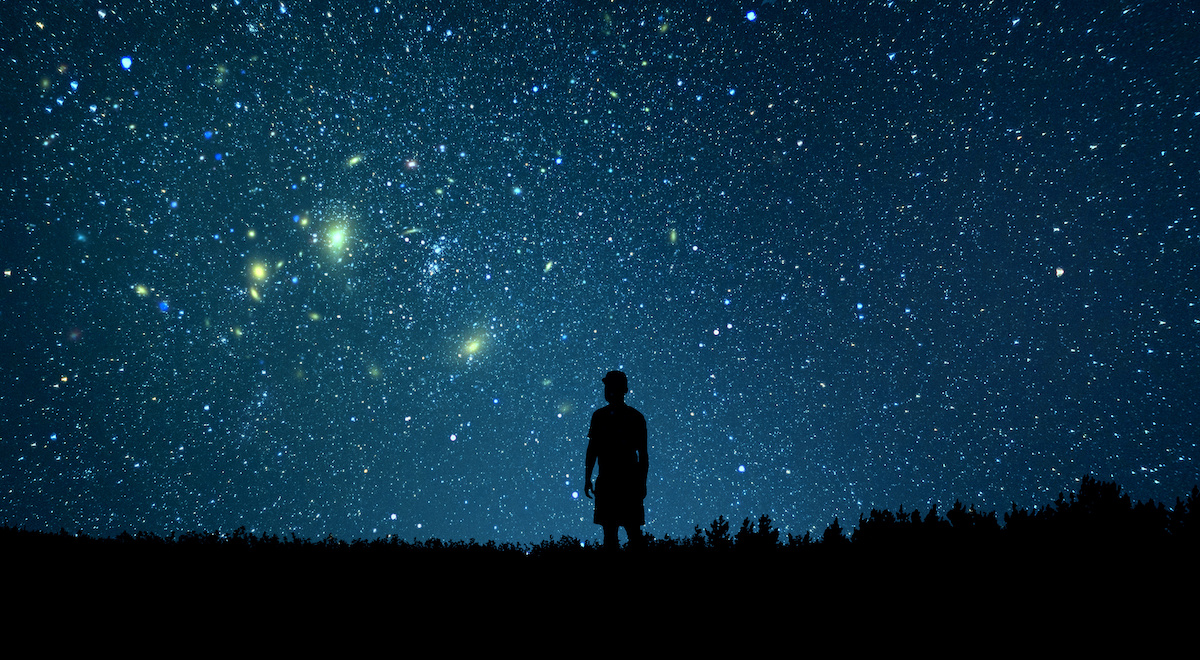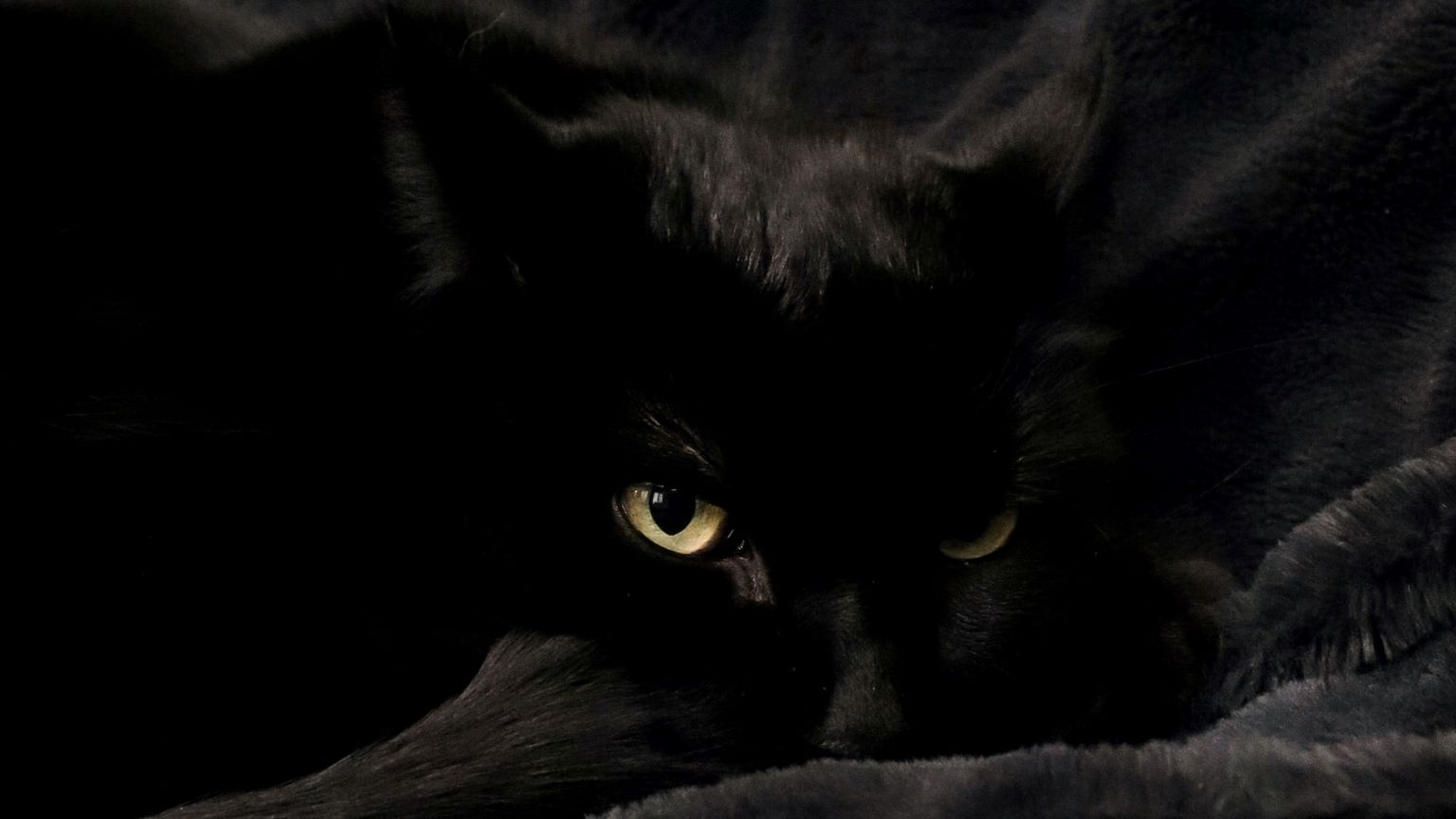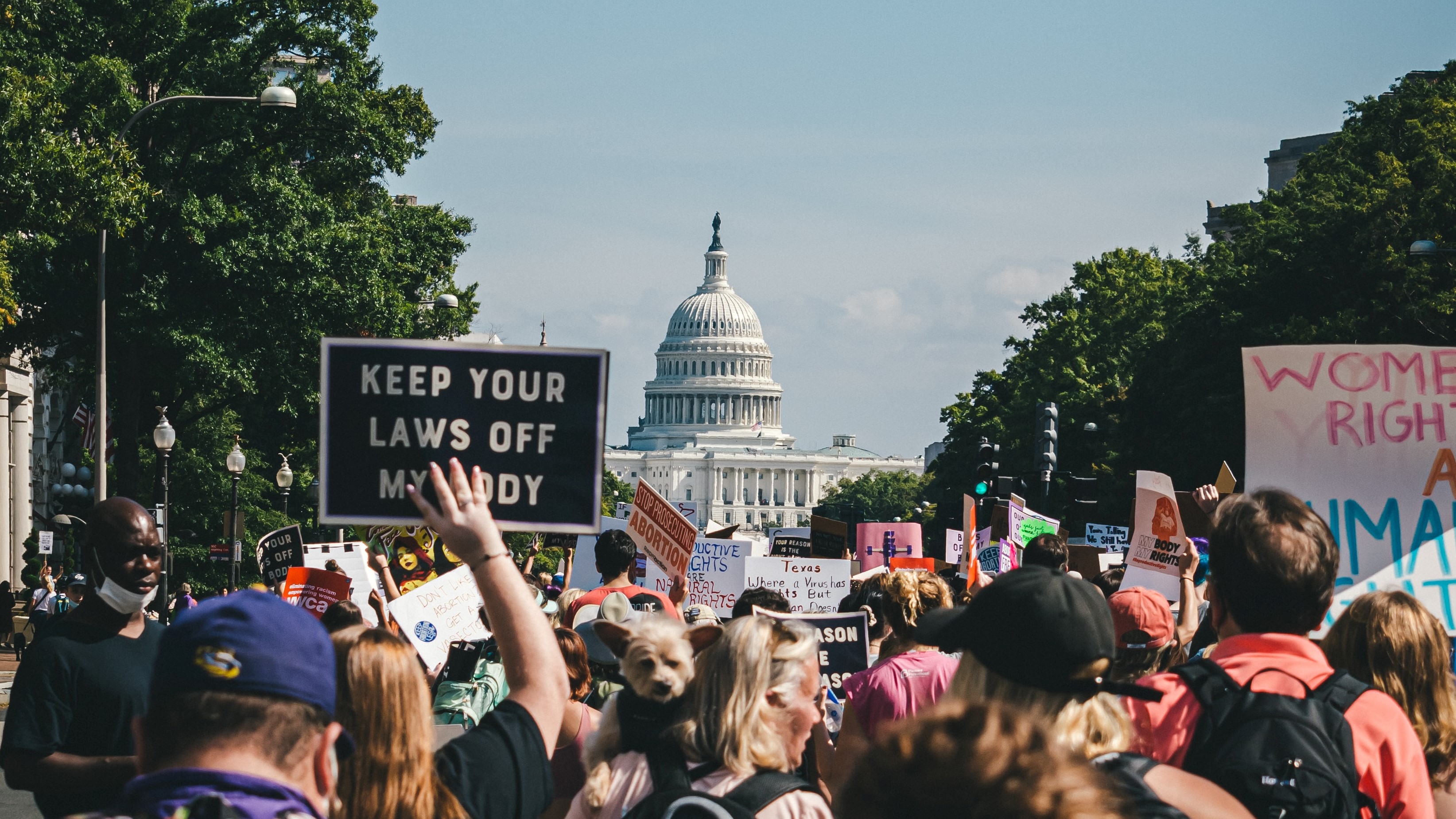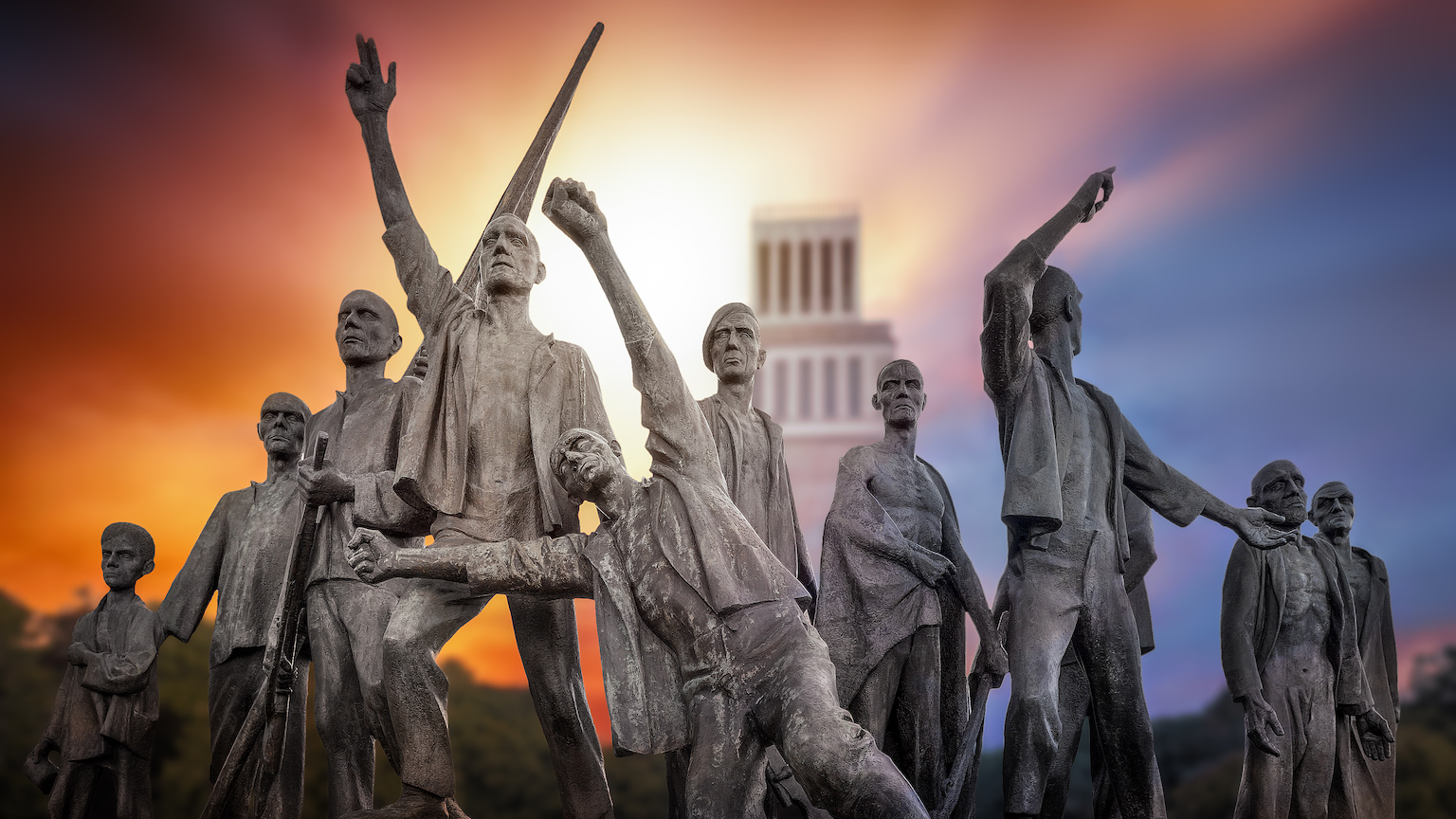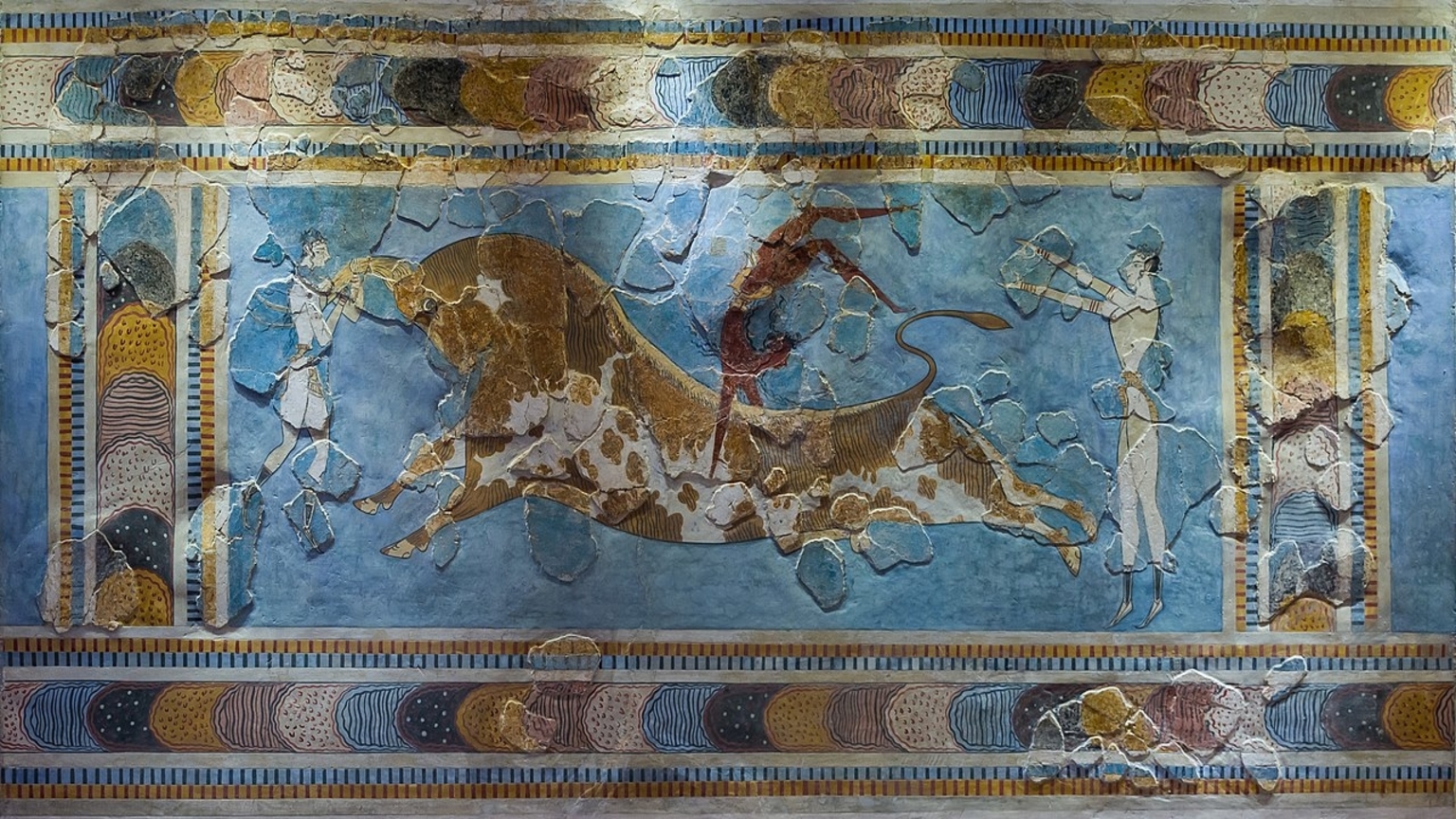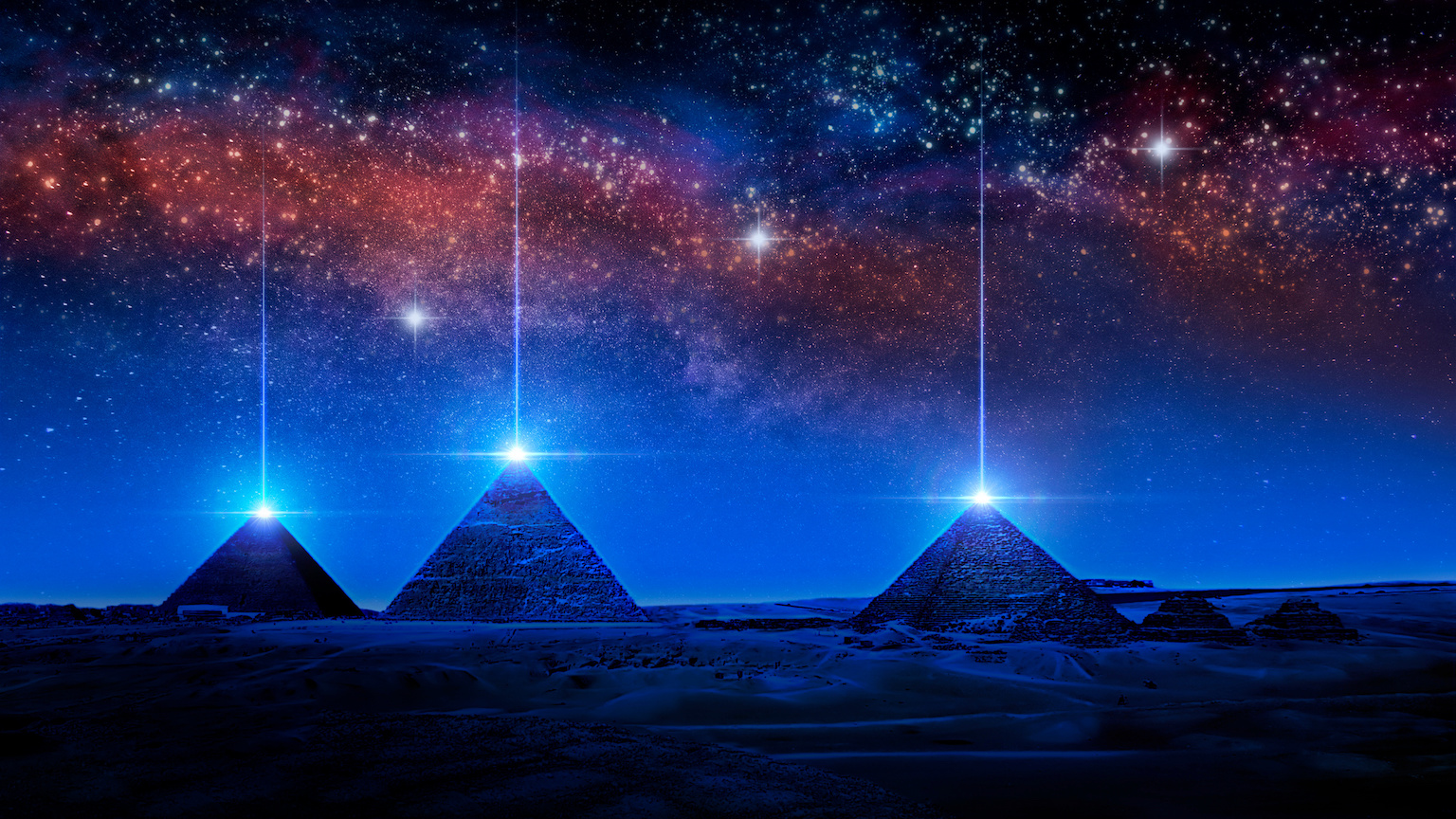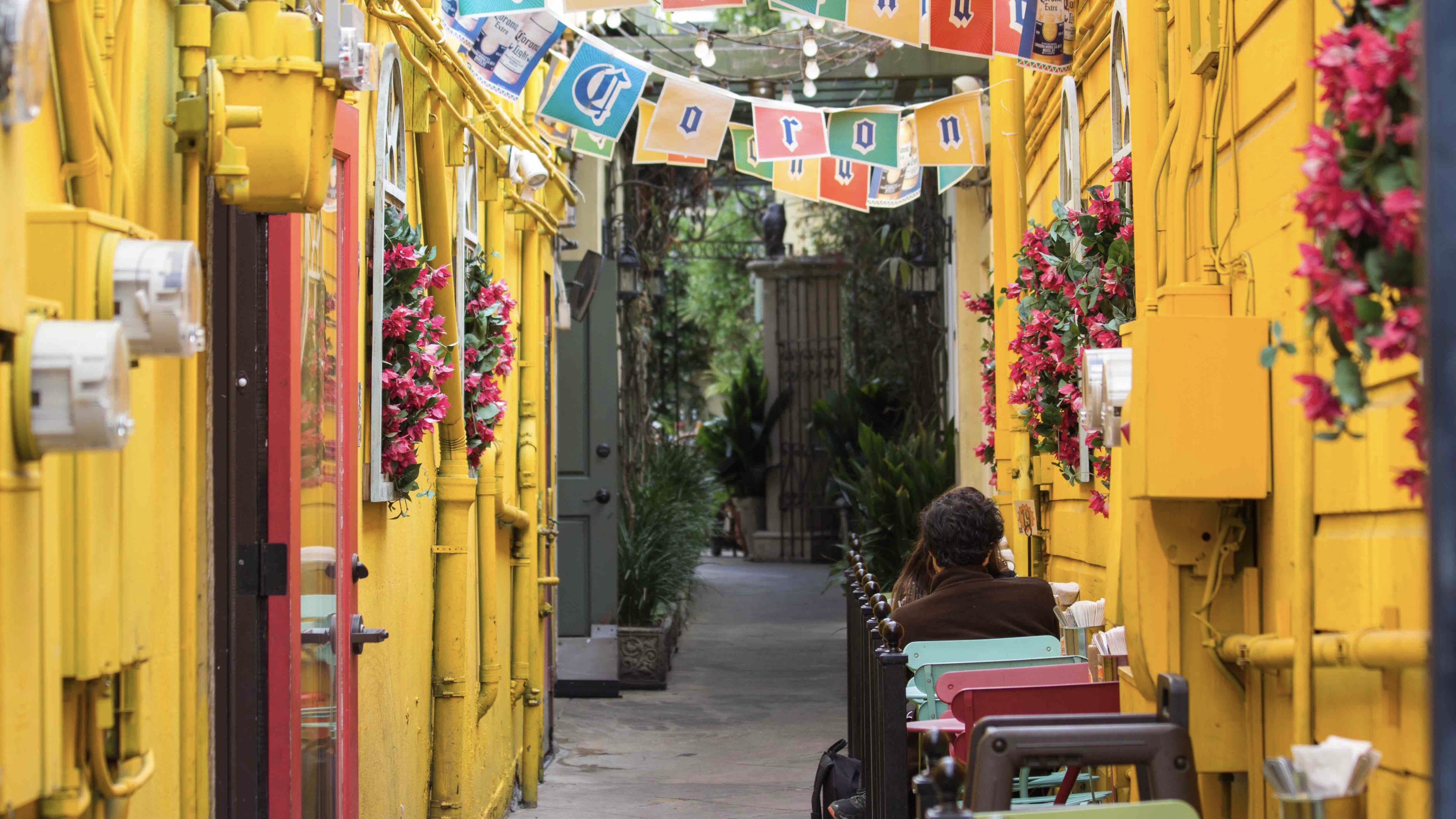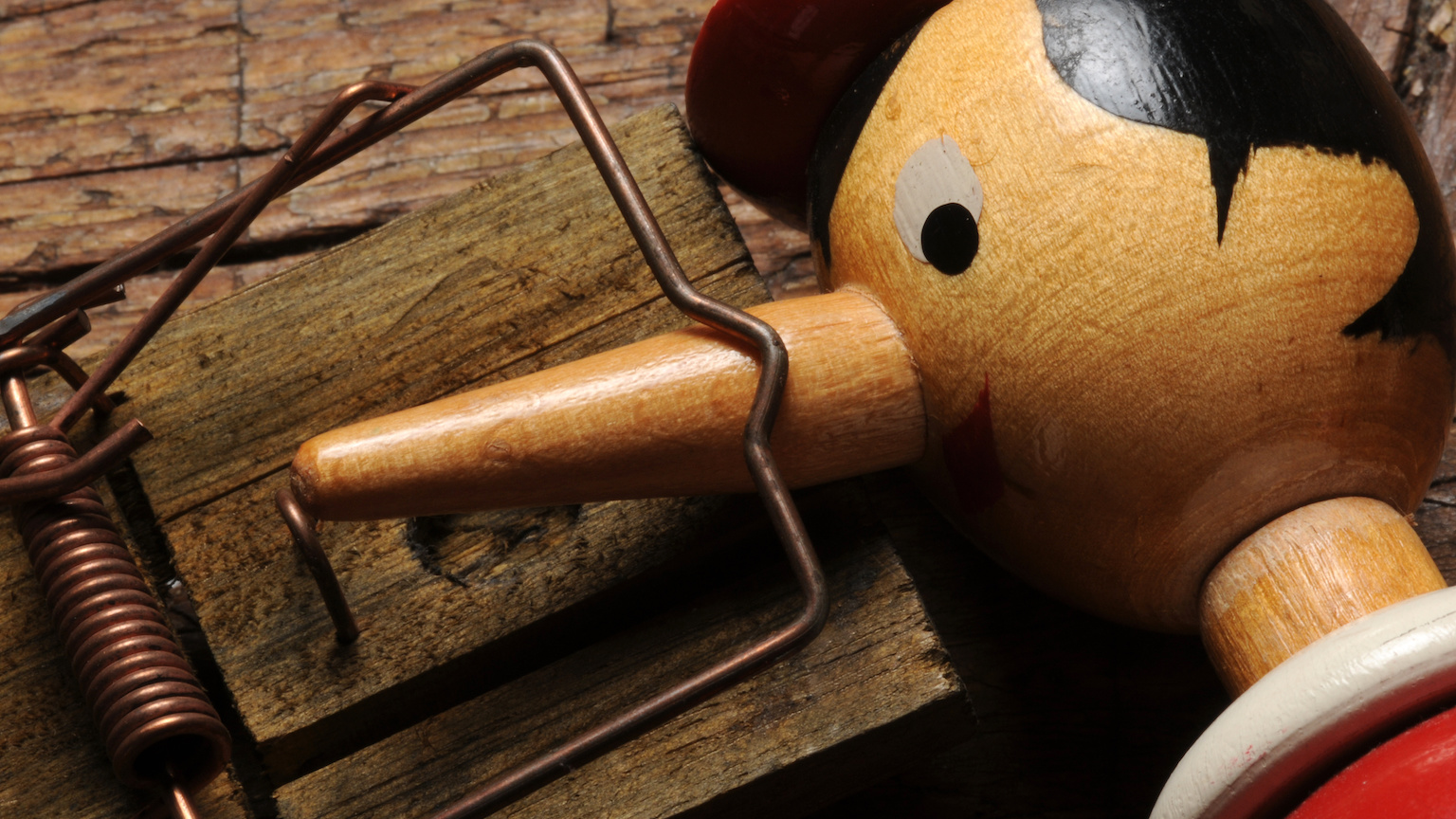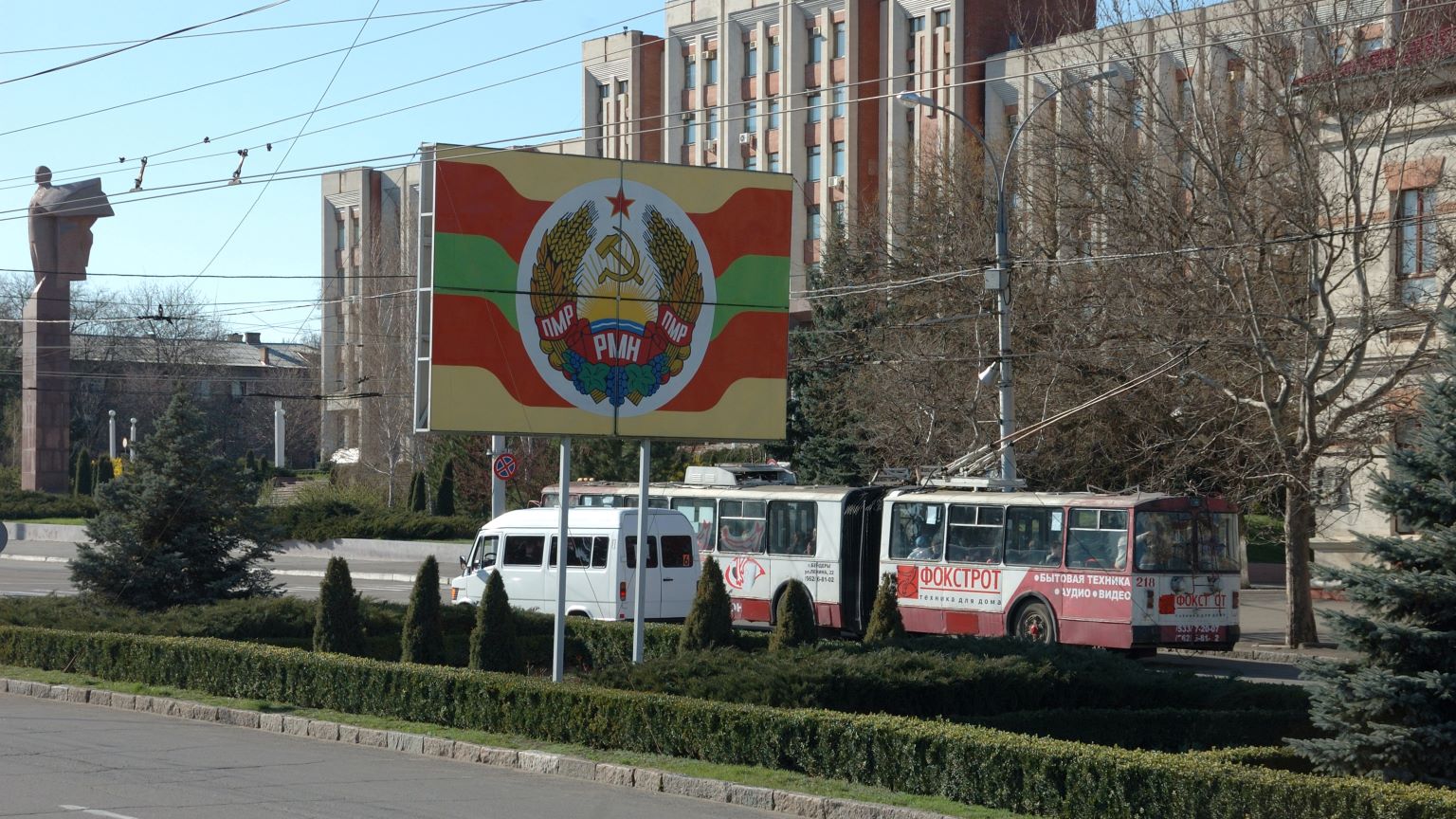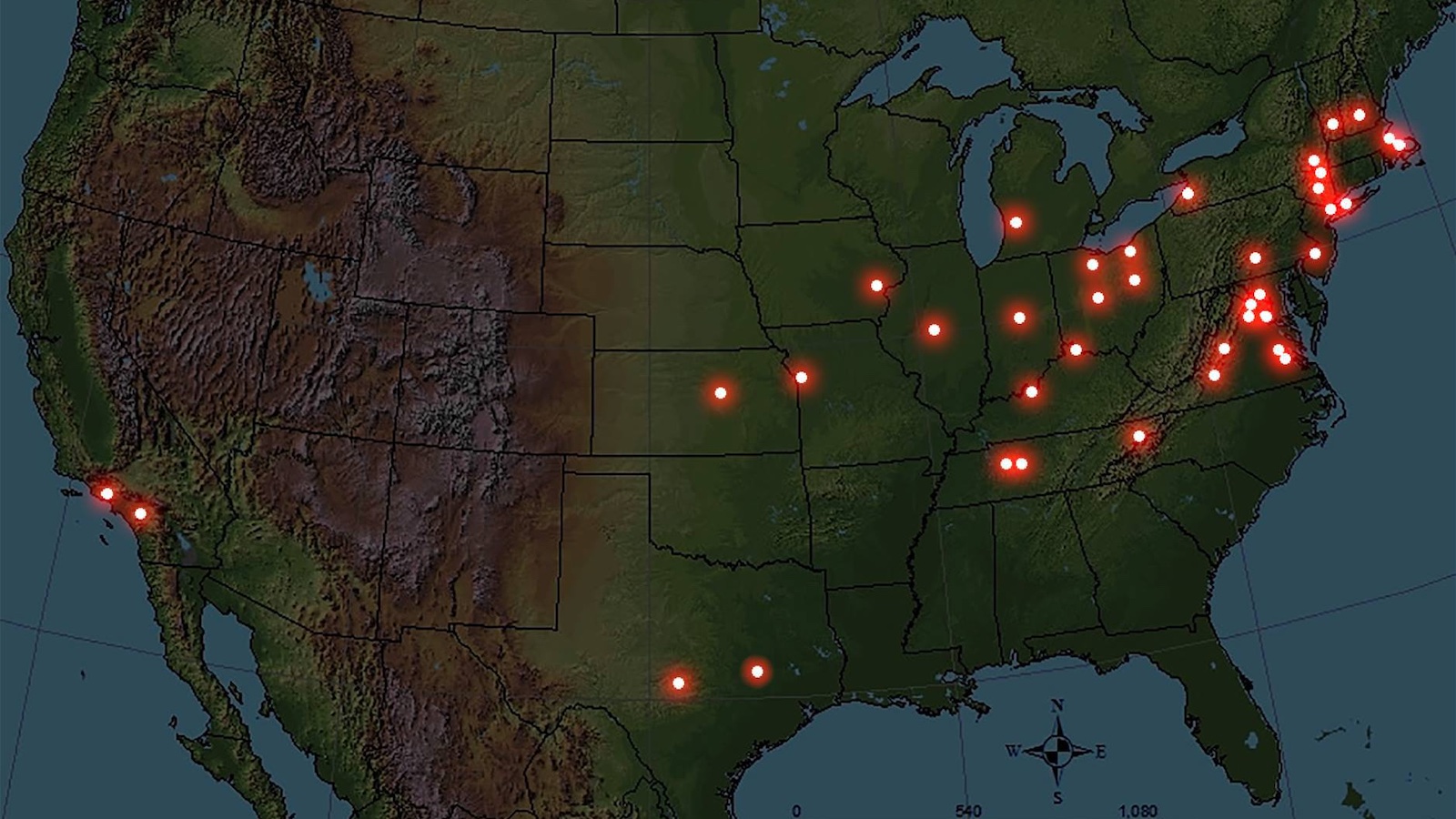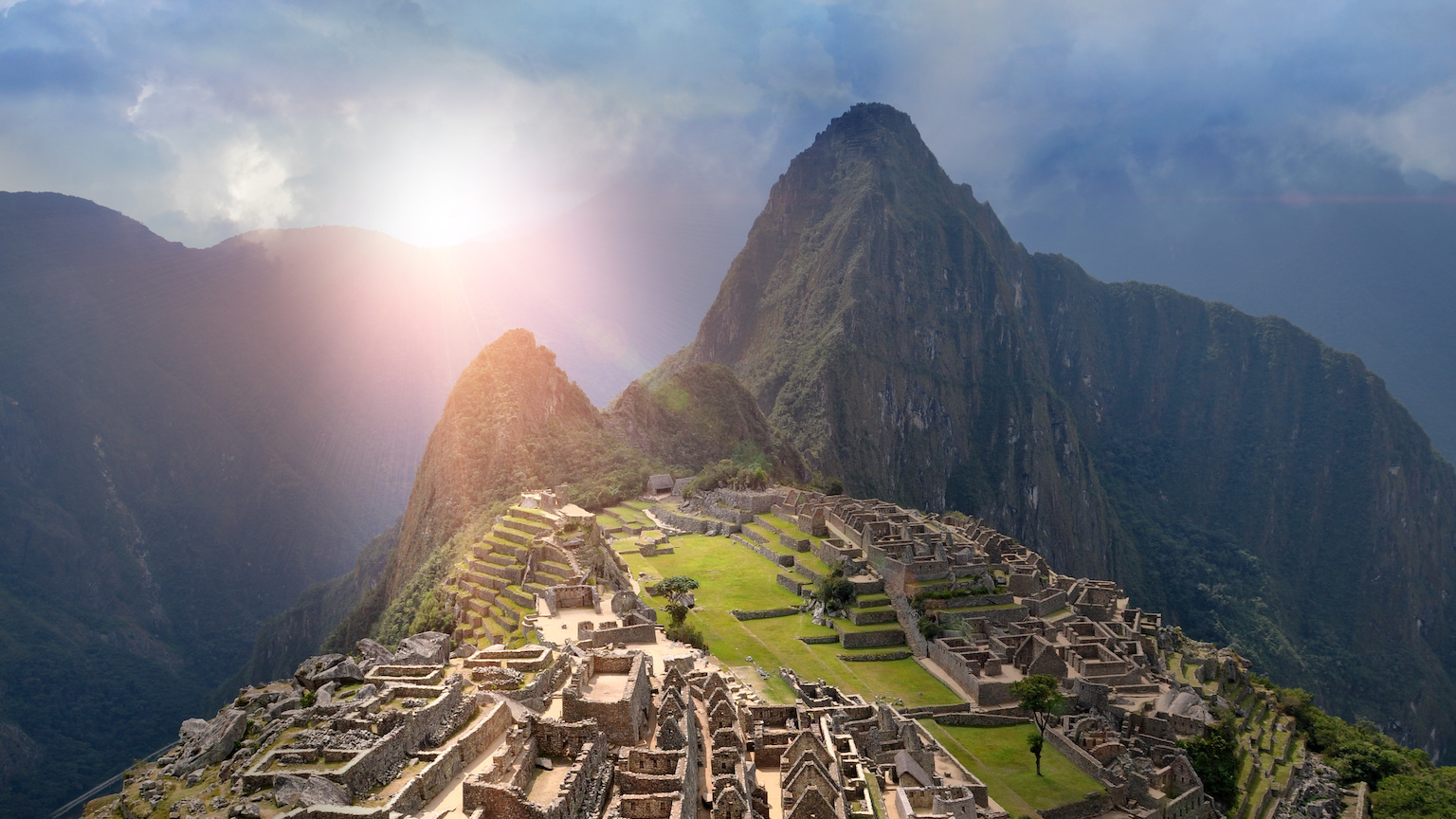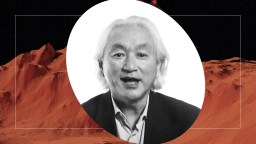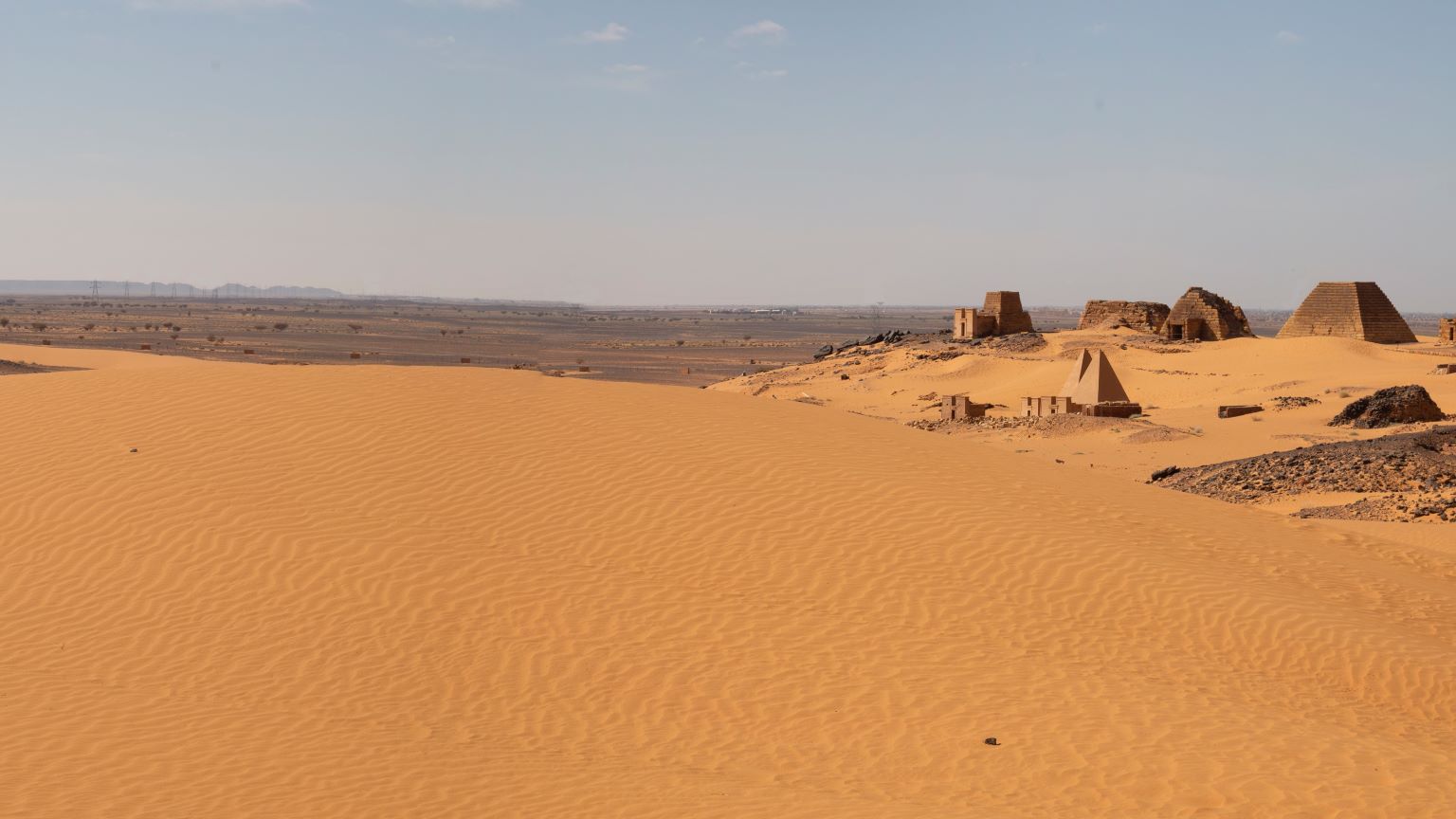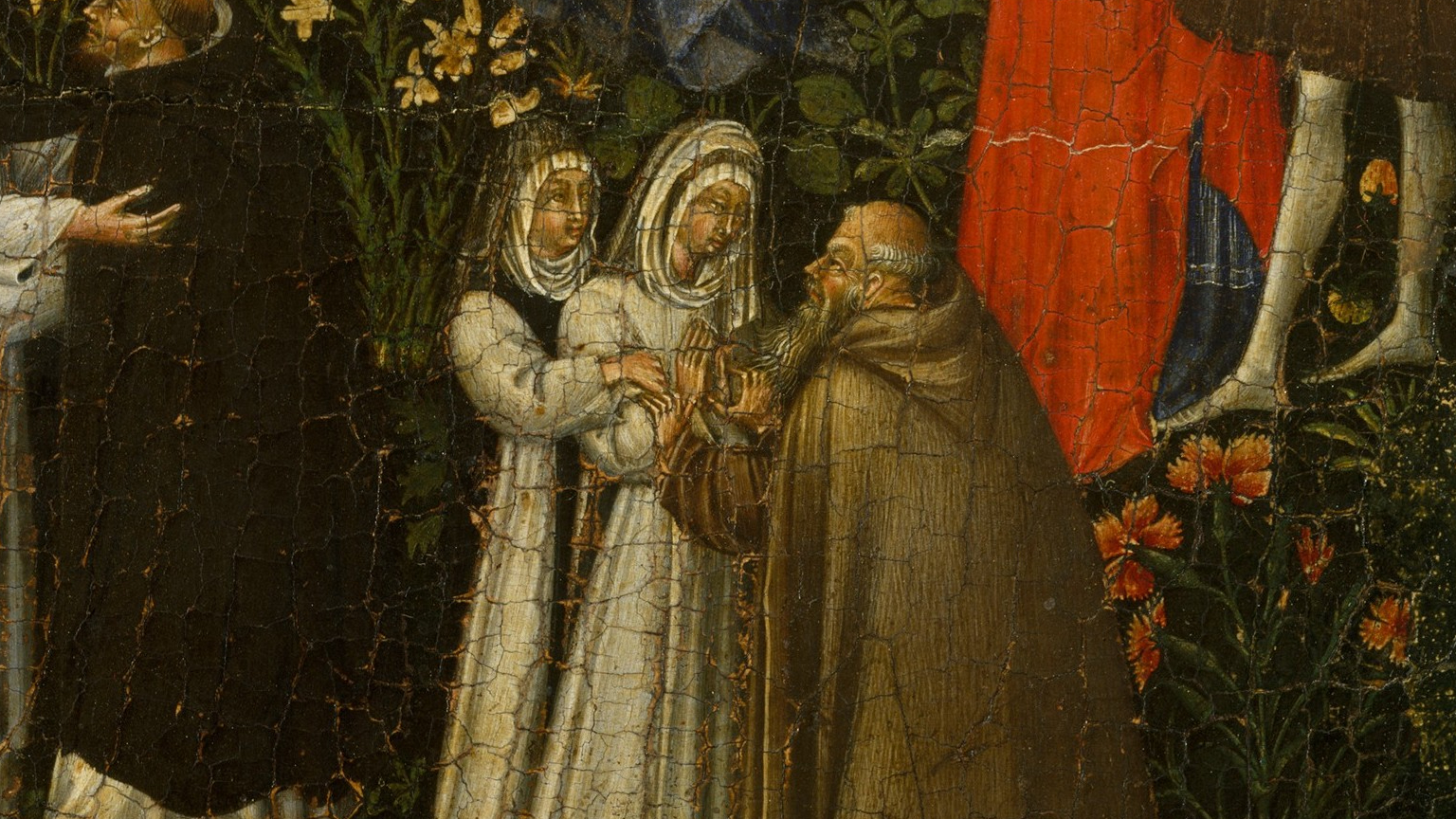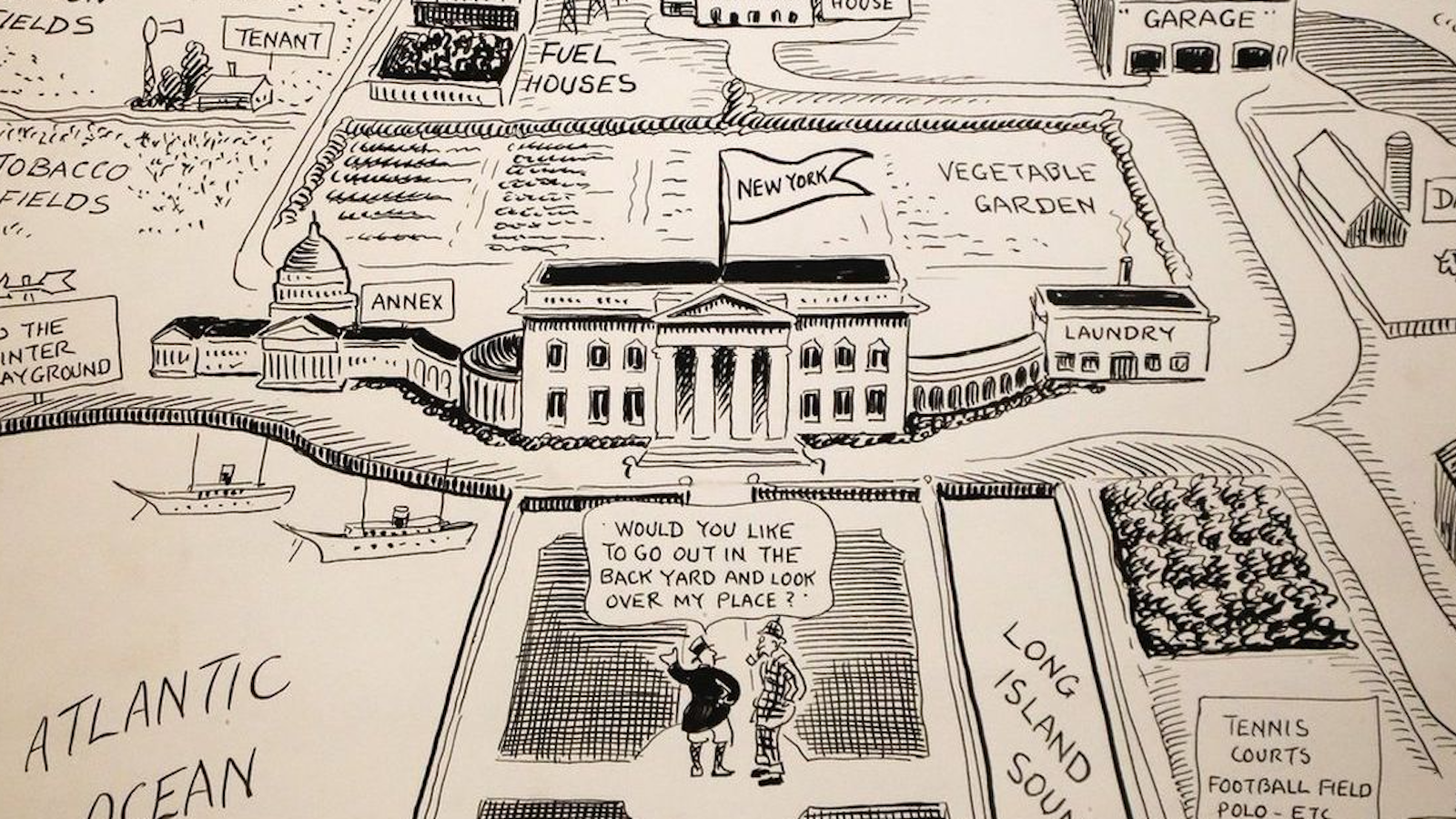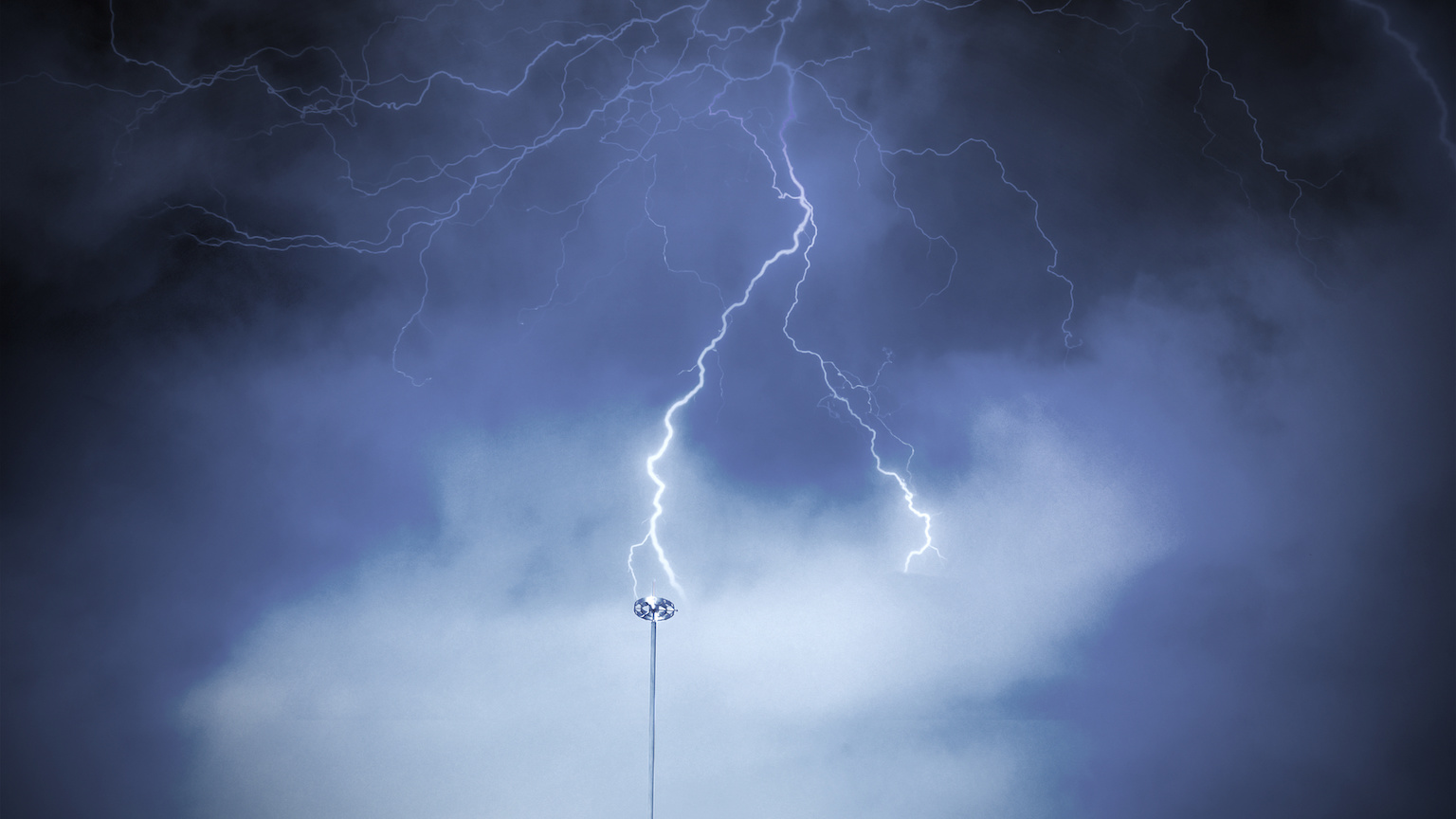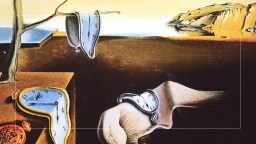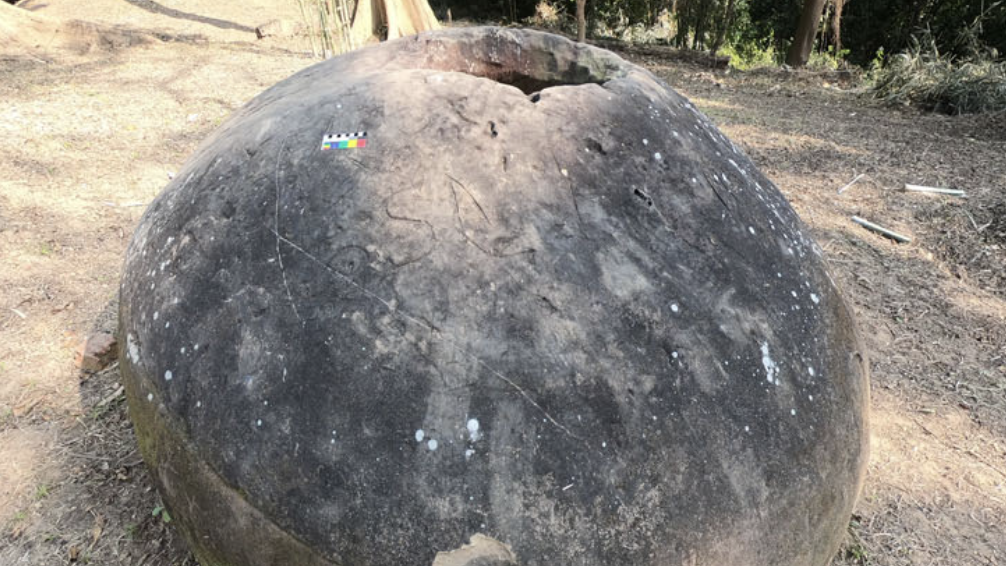history
Bernini created art for 8 different popes. In the process, he helped reinforce and redefine Christianity’s visual culture.
Human sacrifice appears to be as old as humanity itself. Still, experts disagree on how and where the practice first originated.
Pseudoscience is science’s shadow.
Did traditional Chinese thought pave the way for the philosophy of Maoism?
Searching for truth in unorthodox ways can be a valuable exercise. But Anatoly Fomenko’s alternate world history is just plain weird.
Geopolitics is not a magic 8-ball. But making financial decisions — such as those regarding retirement — in a multipolar world without geopolitics is akin to flying blind in a storm.
To the ancient Greeks, exotic animals were proof of mythological creatures. To the ancient Romans, they were oddities and adversaries.
Cold War meets Star Wars in this cut-away of a 1950 “rubber bubble,” the first line of defense against nuclear sneak attack.
Was there an intelligent, technologically advanced species long before humans existed? Could there have been a dinosaur civilization?
Popular media often frame scientists as having a cold, sterile view of the world. That couldn’t be further from the truth.
And debate over it started soon after.
Were Hitler’s SS henchmen willing executioners fueled by racial propaganda or mindless servants vying for promotions?
Paintings played an important role in these ancient civilizations. Unfortunately, pigment is not nearly as durable as marble.
Speculation about the existence of aliens goes all the way back at least to the Greek philosophers. Their arguments will sound familiar.
The Mayan calendar is revered for its impeccable accuracy. Now, a recent excavation in Guatemala reveals how the system developed over time.
Contrary to popular belief, it’s not to mark Mexican independence.
It doesn’t matter how ridiculous a lie is. As long as it is repeated often enough, some people will believe it.
Ukraine destroyed a railway to prevent passage from Transnistria into Ukraine.
Presidential gravesites are spread out “democratically” — but this is more by accident than design.
A toxicological study shows that the victims of human sacrifice consumed coca leaves and ayahuasca before they were killed, but not for reasons we originally thought.
Some question the ethics of sanctions aimed at cancelling Russian art and culture and punishing ordinary citizens.
Today, we could use Big Data to radically reform democracy. Tomorrow, we could build nanofabricators and usher in an era of abundance. Is society ready?
What lies in store for humanity? Theoretical physicist Michio Kaku explains how different life will be for your descendants—and maybe your future self, if the timing works out.
▸
with
The underground burial tombs were used at least as far back as 2500 B.C.
“Immodest Acts” tells the story of Benedetta Carlini, a lesbian nun who claimed to be a mystic visionary but failed to convince the leaders of her faith.
Satire and an inflated sense of self-importance collide in a series of maps that goes back more than 100 years in American history.
Benjamin Franklin’s lightning rod saved countless lives, but some religious leaders denounced his invention.
Theoretical physicist Brian Greene explores the potential particles of time and why we could, in theory, travel forward in time but not back.
▸
with
The Assam stone jars were described as early as 1929. Almost a century later, archaeologists still puzzle over their placement and purpose.
